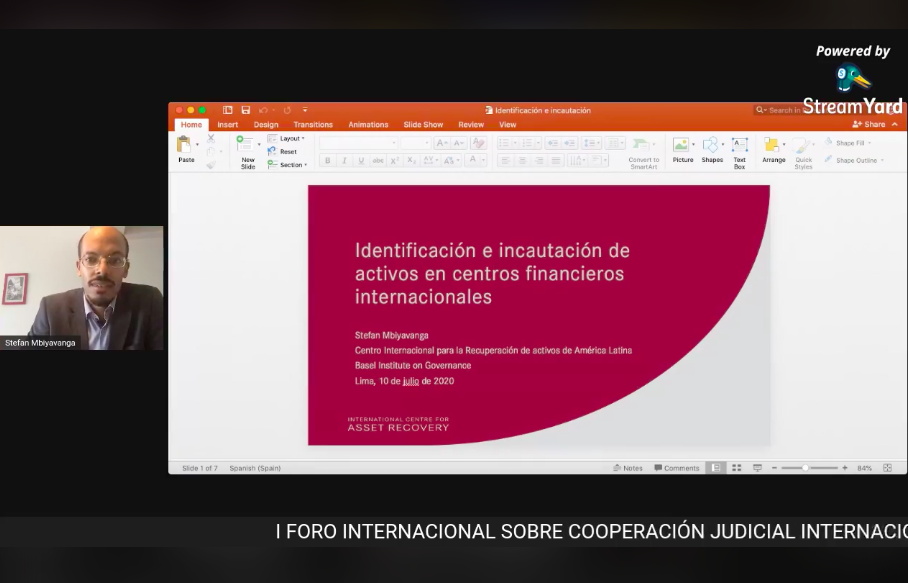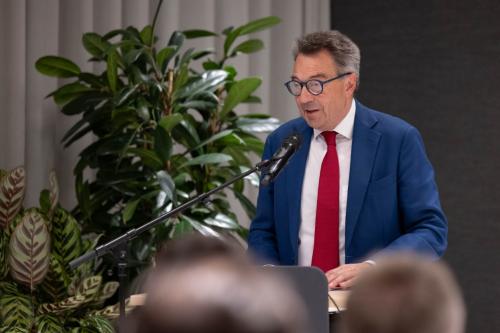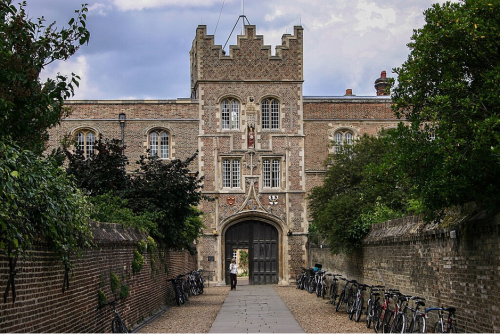Recovering assets hidden in international financial centres – Stefan Mbiyavanga presents to Latin American study group on Facebook Live

Stefan Mbiyavanga, Legal Specialist for Latin America, recently gave an in-depth presentation on challenges and best practices for recovering assets hiding in international financial centres as part of an online conference by the Grupo de Estudios del Sistema Penal.
The week-long conference, in Spanish, sought to disseminate perspectives on asset recovery, non-conviction-based confiscation and mutual legal assistance (MLA) to practitioners and law students in Latin America.
Speakers from Peru, Spain, Andorra and Switzerland, including Oscar Solórzano, the Basel Institute’s Head of Latin America and Senior Asset Recovery Specialist, shared their experiences and international best practices.
Key points on recovering assets in financial centres
Stefan Mbiyavanga spoke about recent experiences related to the identification and seizure of bribery funds in the context of the Odebrecht/Lava Jato probes in Peru, Switzerland and Brazil. Key points are:
- Among the main challenges for asset recovery by victim countries are the systematic use of networks of offshore corporations and overseas bank accounts by bribe recipients.
- The detection of stolen assets is complicated further by the fact that bribe payments are often made via slush funds, shadow bankers (also referred to as doleiros), as well as cash transactions.
- Spontaneous transmissions of information by jurisdictions harbouring financial centres are frequently at the origin of asset recovery investigations by victim countries.
- Deficiencies in MLA procedures continue to be a major stumbling block for asset recovery efforts. For instance, authorities in important financial centres are not able to share banking information without a prior notification to the holder of the bank account in question.
- Latin American countries increasingly rely on amnesty agreements and plea bargaining in their corruption probes. However, these tools do not make traditional asset recovery techniques less important.
View the recorded presentation.
About the conference organisers
The Grupo de Estudios del Sistema Penal is an initiative started by Peruvian law students. Its mission is to provide a platform to disseminate academic lectures online while universities are closed due to the covid-19 pandemic. Since its launch on Facebook in February 2020, the group has since gained almost 17,000 followers.



